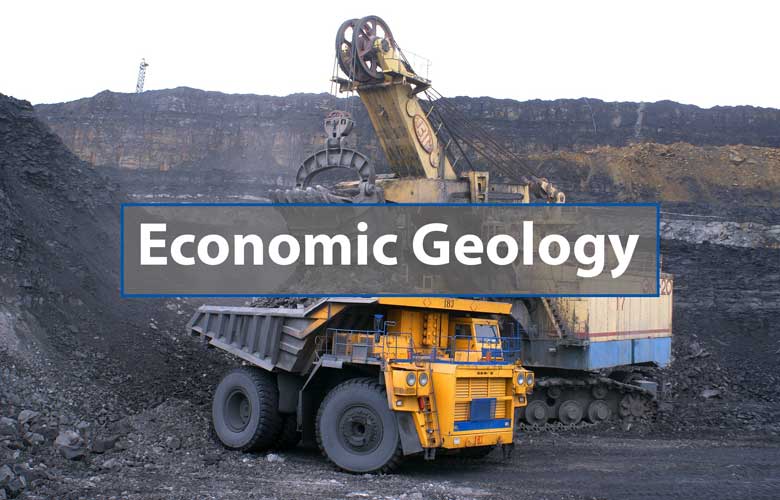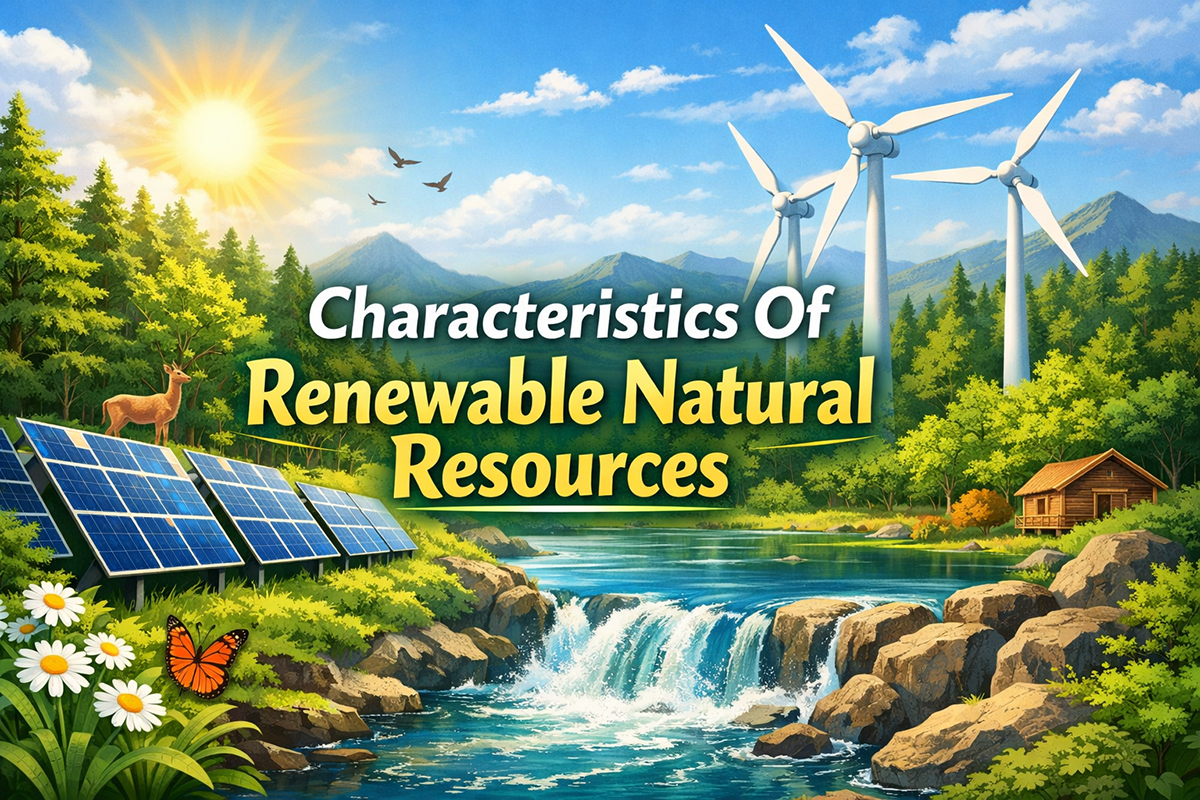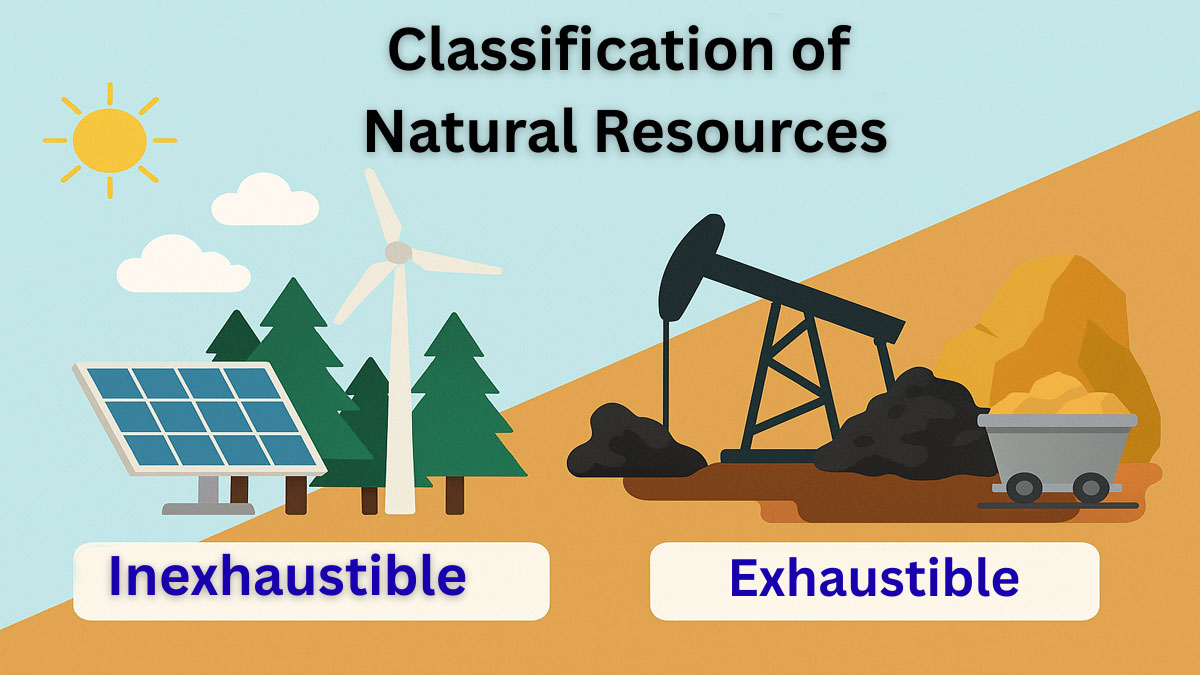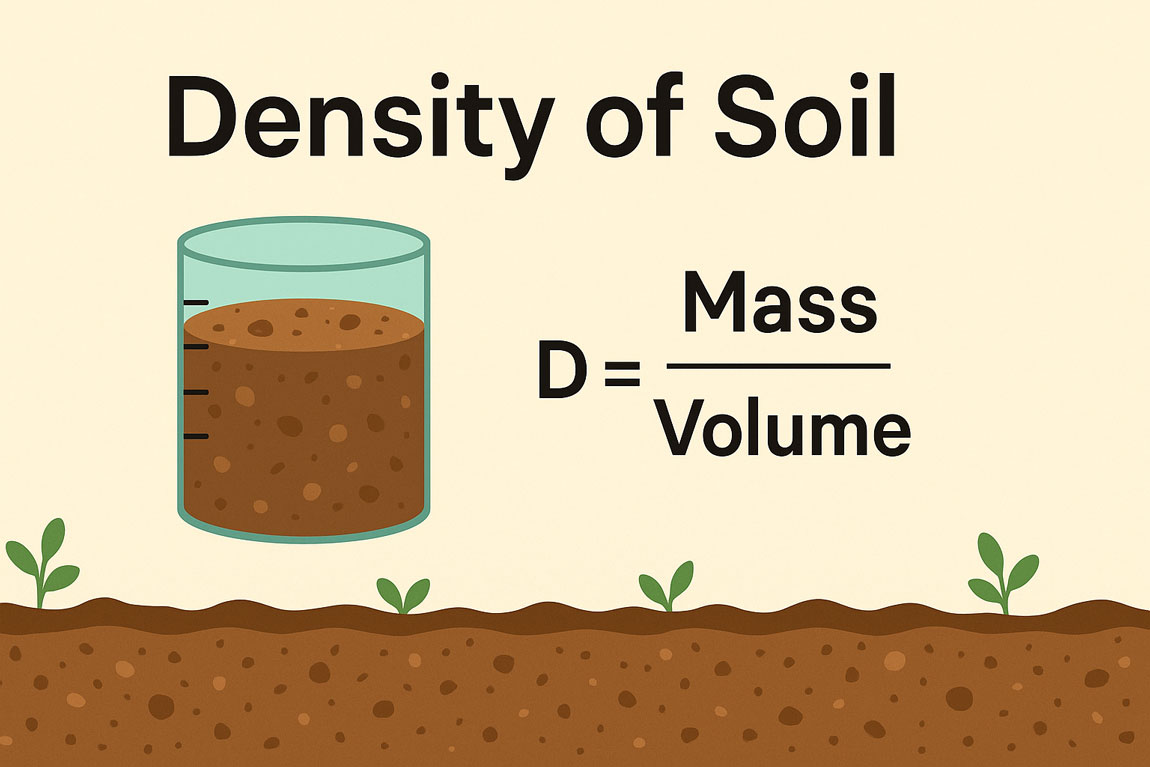Economic Geology is a branch of geology that deals with Economic Mineral Deposits. Also, deals with the genesis, mode of occurrence, geological and geographical distribution, richness, exploration.
Heinrich Holland is a scientist who made the best contributions to Geochemical research is known as the father of economic Geology. We know, Economic Geology deals with precious and base metals, construction-grade stone, and non-metallic minerals.
Purpose of studies economic Geology
Economic Geology has three main purposes
- Genesis of Ore
- Localization of ore deposits
- Associated minerals with ore deposits
Metals, Minerals, and other geological commodities have limited stock on earth. But making industrial development, geologists are always looking for important economic substances and makes competition to provide in industry. Most mineral commodities have a huge stock, considering the current use rate. (e.g., Copper has more than 100 million years stock on the base of present consumption rate)
Mineral Resources
Mineral resources are considered their societal demand, making them economically important. Therefore, Ore of minerals is classified by their economically and technically practicable mineralization for extraction.
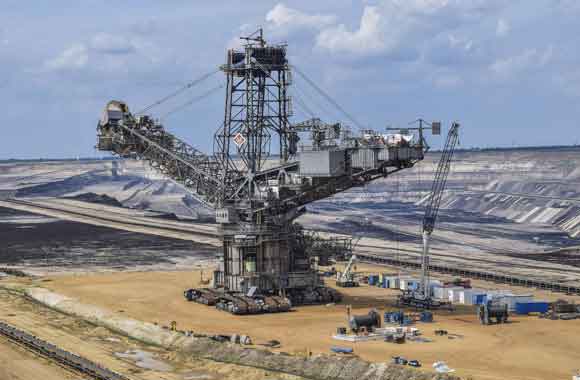
But sometimes, not all the minerals fulfill the required criteria as economic considerations. Specific criteria are in below
- The possibility of mineral phenomena or geological interests but not necessarily economic interests.
- Ore reserves must be economically and technically practicable for extract.
- Including Mineral resources that are possible economically and technically practicable and those that are not.
Ore Geology
Naturally occurring materials which contain economically valuable minerals can be extracted. Generally, specific minerals are mined as Ore and then extracted later for application on certain demand.
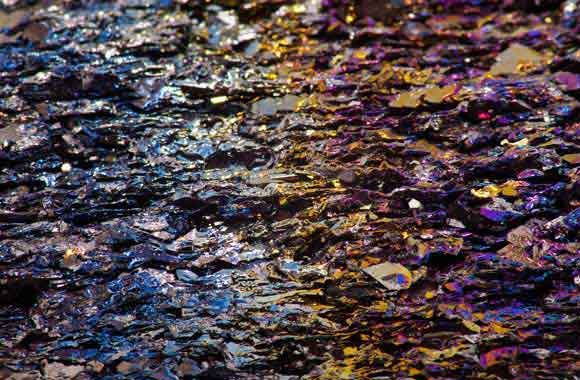
Ore deposits and genesis are involved with the science of structural geology, geochemistry, metamorphism. Geologists conducted mineral exploration, drilling and required productive ways to identify ore deposits and estimate bodies using the above science.
Coal and Petroleum Geology
Coal:

Coal is a sedimentary deposit formed from prehistoric forests and marshes and composed predominantly of carbon. Most of the time, Coal consists of carbonaceous materials more than 50% by weight and 70% by volume.
Mainly, Coal is formed from the remaining plant compacted, chemically altered, hardened, and metamorphosed by heat and pressure.
Petroleum Geology:
Petroleum Geology is the study of earth science that helps discover oil and gas deposits on the sub-surface of the earth. Geologists collect rock samples from target places through drilling and other preferable method and test them to recognize the presence of oil and gas.
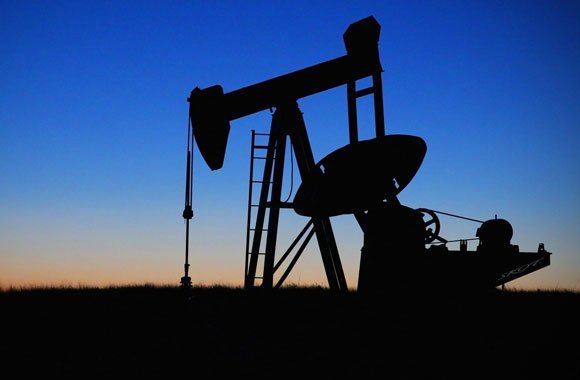
Petroleum geology is the study of some specific topics on hydrocarbon fuels. They are
- Origin
- Occurrence
- Movement
- Accumulation
- Exploration
Petroleum Geology mainly the study of applied science to search for hydrocarbons (oil and gas exploration)

